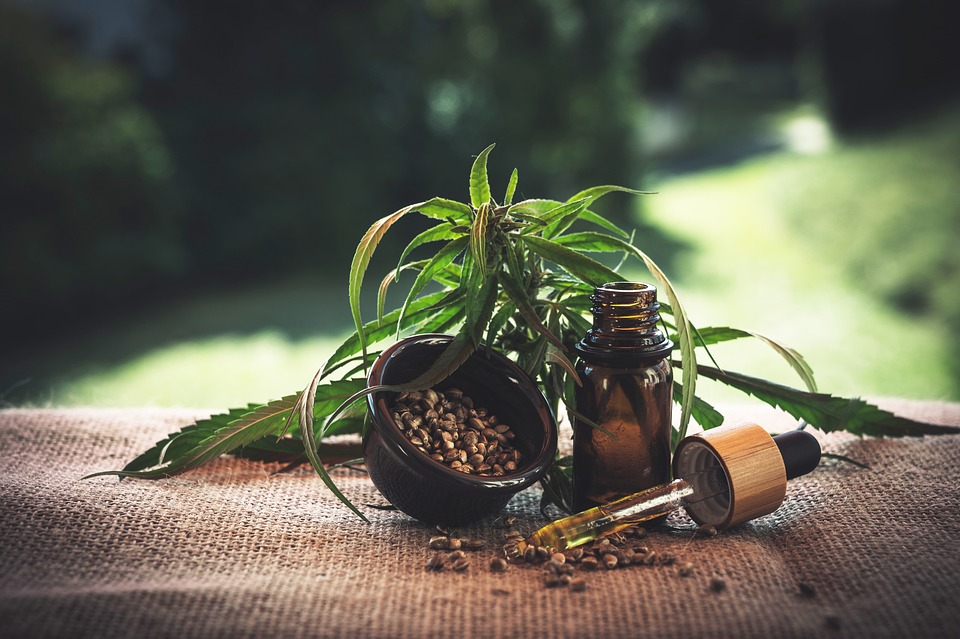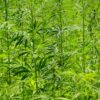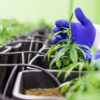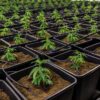In recent years, hemp has emerged as a promising and versatile crop with the potential to revolutionize multiple industries. From textiles to construction materials, food products to biofuels, hemp is proving to be a sustainable solution for a wide range of needs. With its ability to grow quickly with minimal water, fertilizer, and pesticide inputs, hemp is being hailed as the super crop of the future. In this article, we will explore the benefits of hemp, its uses, and why it is considered a sustainable choice for the environment.
**Benefits of Hemp**
1. **Environmental Benefits**: Hemp is a highly sustainable crop that requires minimal resources to grow. It can be cultivated with minimal water and fertilizer inputs, making it a more environmentally-friendly option compared to traditional crops. Additionally, hemp plants have deep root systems that help prevent soil erosion and improve soil health.
2. **Versatility**: Hemp is a highly versatile crop that can be used in a wide range of industries. From textiles to building materials, paper to biofuels, hemp can be used to produce a variety of products. This versatility makes hemp a valuable commodity for farmers and manufacturers alike.
3. **Fast Growth**: Hemp is a fast-growing crop that can reach maturity in as little as 90 days. This rapid growth rate allows for multiple harvests in a single growing season, making hemp a highly productive crop for farmers.
4. **Carbon Sequestration**: Hemp has the ability to sequester carbon dioxide from the atmosphere, making it an important crop for combating climate change. As hemp plants grow, they absorb carbon dioxide from the air and store it in their biomass, helping to reduce greenhouse gas emissions.
**Uses of Hemp**
1. **Textiles**: Hemp fibers are known for their strength and durability, making them ideal for use in textiles. Hemp fabrics are softer than cotton and more breathable, making them a popular choice for clothing, accessories, and home goods.
2. **Construction Materials**: Hemp can be used to produce a variety of construction materials, including hempcrete (a mixture of hemp fibers and lime), insulation, and bioplastics. These materials are lightweight, durable, and have excellent insulating properties, making them a sustainable alternative to traditional building materials.
3. **Food Products**: Hemp seeds are a nutritious source of protein, omega-3 fatty acids, and other essential nutrients. They can be used to make hemp oil, hemp milk, hemp protein powder, and other food products. Hemp seeds are also used in baking and cooking as a healthy and sustainable ingredient.
4. **Biofuels**: Hemp can be used to produce biodiesel, a renewable and environmentally-friendly alternative to fossil fuels. Hemp biodiesel is made from hemp oil extracted from the seeds and can be used in diesel engines without modification.
**FAQs**
1. **Is hemp the same as marijuana?**
– While hemp and marijuana come from the same plant species, Cannabis sativa, they are different varieties with different properties. Hemp contains very low levels of THC, the psychoactive compound found in marijuana, while marijuana contains higher levels of THC.
2. **Is it legal to grow hemp?**
– In recent years, many countries have legalized the cultivation of hemp for industrial purposes. However, regulations around the cultivation of hemp vary by country, so it is important to check local laws before growing hemp.
3. **Is hemp environmentally friendly?**
– Yes, hemp is considered a highly sustainable crop due to its minimal water, fertilizer, and pesticide requirements. Hemp plants also have a positive impact on soil health and can help sequester carbon dioxide from the atmosphere.
4. **What are the main challenges in growing hemp?**
– Some of the main challenges in growing hemp include the lack of infrastructure for processing hemp crops, the need for specialized equipment, and the stigma associated with cannabis plants. However, as hemp becomes more widely accepted and regulated, these challenges are expected to diminish.
In conclusion, hemp is a highly sustainable and versatile crop with the potential to revolutionize multiple industries. Its fast growth rate, minimal resource requirements, and environmental benefits make it a valuable commodity for farmers and manufacturers. As more research and investment are directed towards hemp cultivation and processing, we can expect to see even more innovative uses for this super crop in the future.





